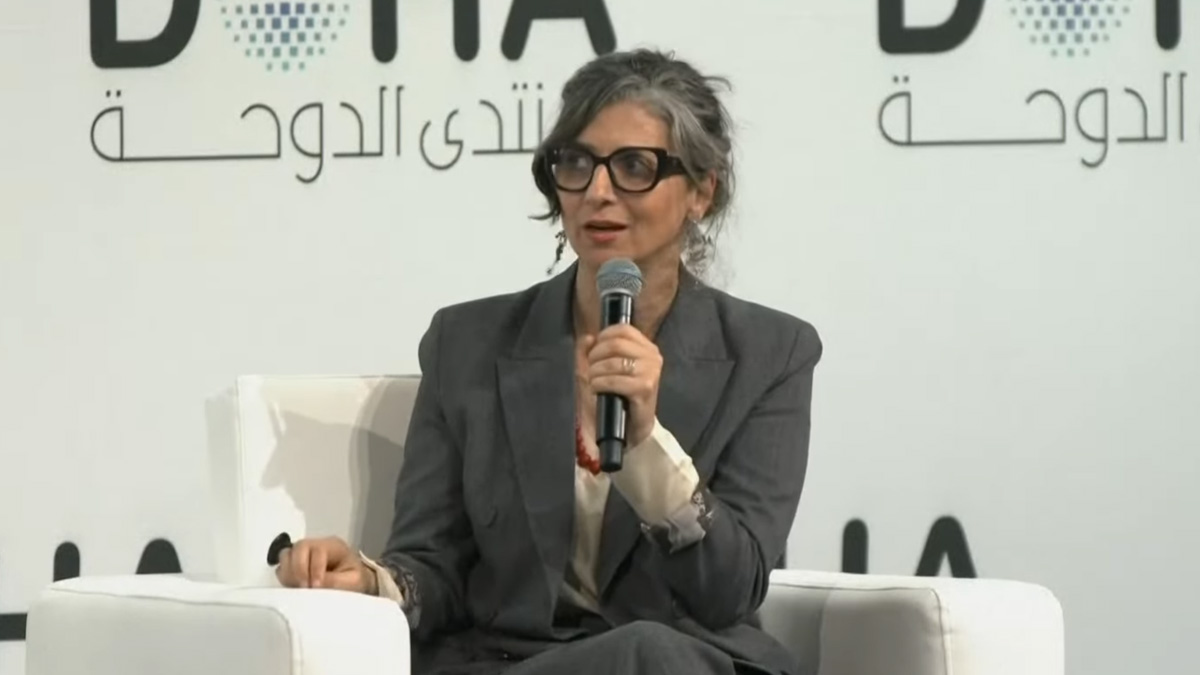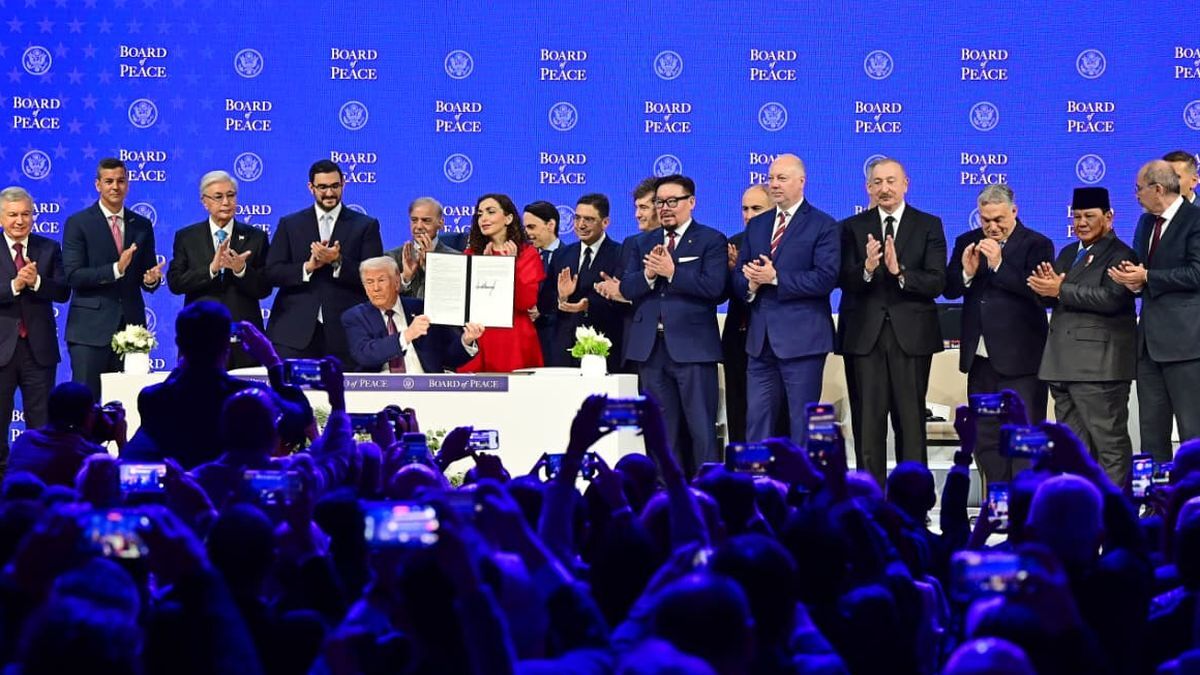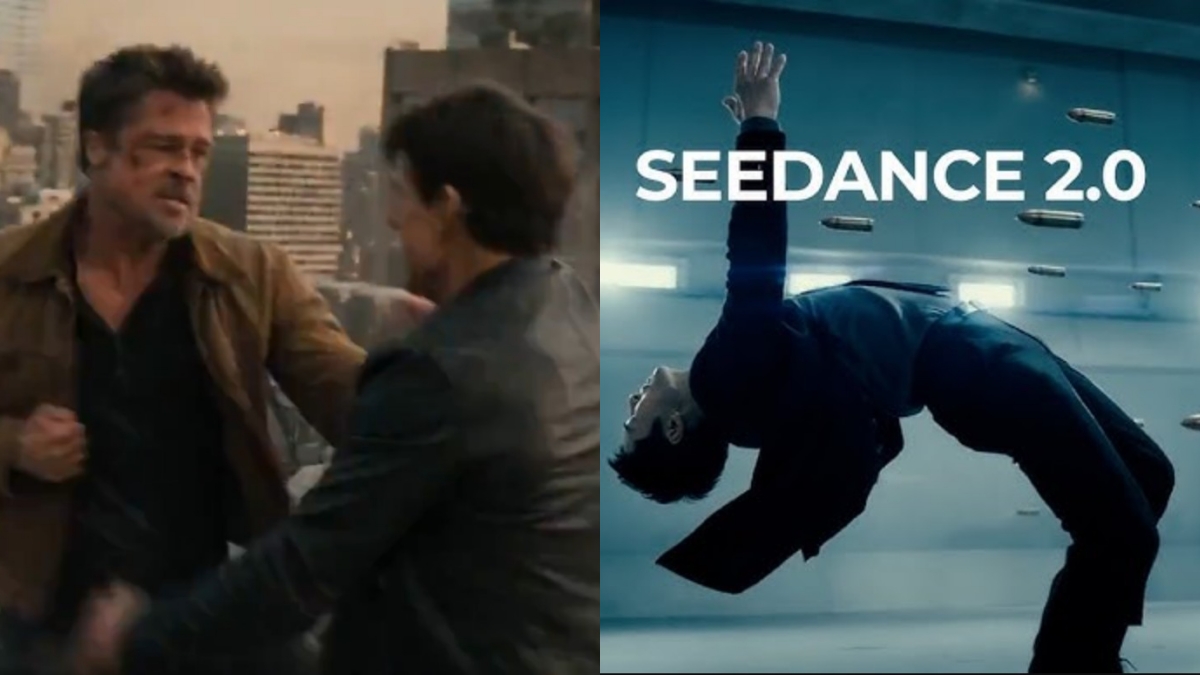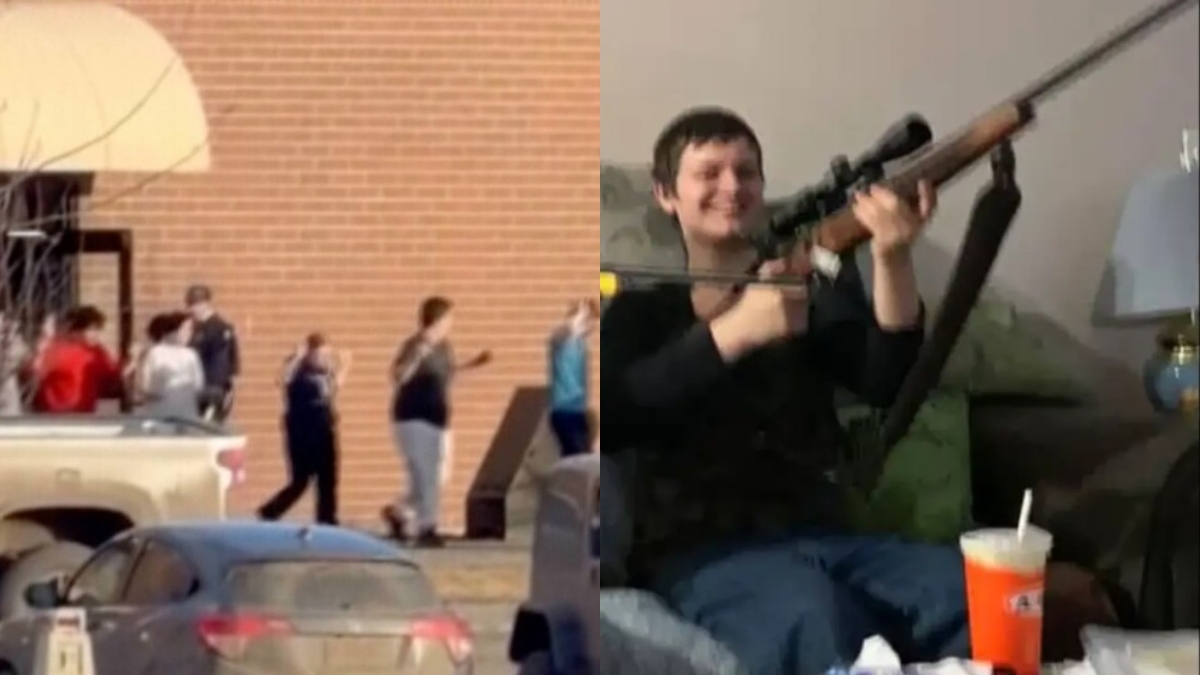UN relief chief accuses Israel of creating “inhumane conditions” in Gaza and West Bank
UN relief chief Tom Fletcher accused Israel of deliberately creating “inhumane conditions” in Gaza and the West Bank, warning the UN Security Council that the enclave faces imminent famine. He urged urgent humanitarian access, calling the blockade and aid restrictions deliberate strategies of displacement.
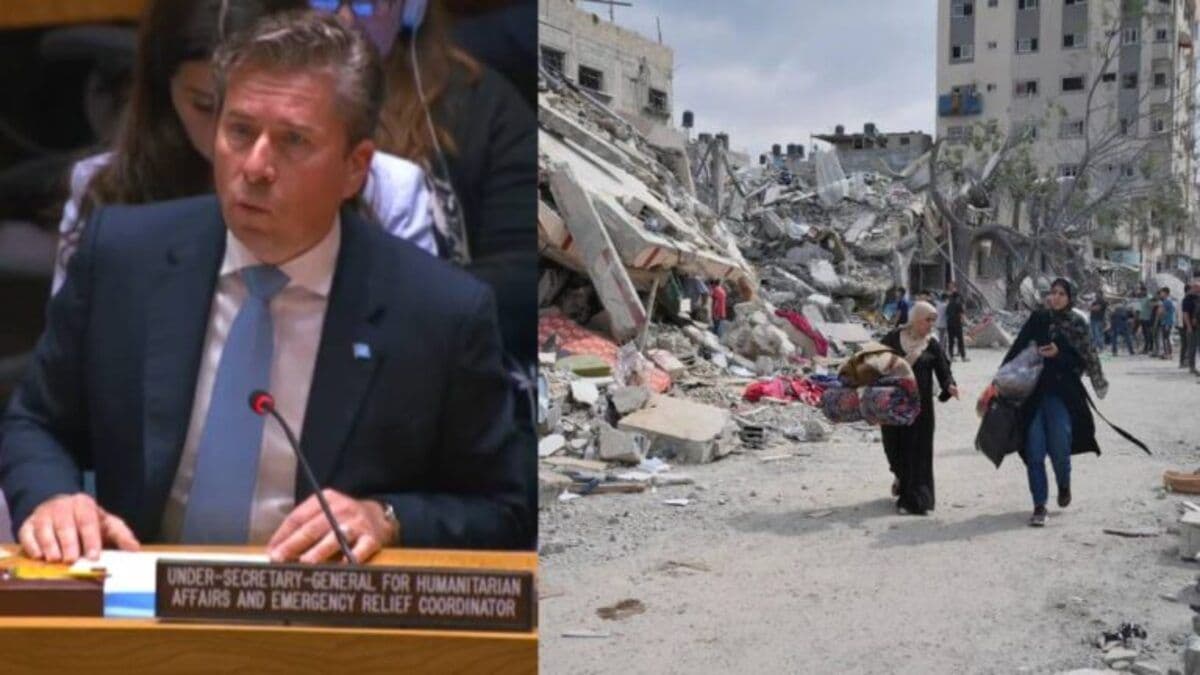
- UN relief chief Tom Fletcher told the Security Council that Israel is deliberately creating “inhumane conditions” in Gaza, where famine threatens all 2.1 million residents.
- He said aid remains blocked despite donor funding, and accused Israel of making starvation a political tool.
- Fletcher also highlighted worsening violence in the West Bank and warned the international community against repeating past failures to act.
The United Nations’ top humanitarian official has accused Israel of deliberately creating “inhumane conditions” for civilians in Gaza and the West Bank, warning that the situation risks spiralling into famine and mass displacement.
Delivering a stark address to the UN Security Council on 13 May 2025, Tom Fletcher, Under-Secretary-General for Humanitarian Affairs and Emergency Relief Coordinator, described what he called a “calculated strategy” that has left Gaza’s 2.1 million residents without food, medicine, water, or shelter for more than ten weeks.
“Deliberately imposed inhumane conditions”
“Israel is deliberately and unashamedly imposing inhumane conditions on civilians,” Fletcher told the Council.
He noted that 70 percent of Gaza’s territory is now either within militarised zones or under displacement orders, forcing hundreds of thousands into increasingly overcrowded shelters.
According to UN assessments, all residents of Gaza face famine risk, with at least 20 percent already on the verge of starvation. Fletcher stressed that donors had already funded food supplies capable of preventing disaster but that access had been blocked.
“This is despite the fact that donors have already funded the food that could save them,” he said.
Collapsing healthcare system
Fletcher described the collapse of Gaza’s health sector, with only a handful of hospitals still functioning after repeated airstrikes and shelling.
“Medics who have somehow survived drone and sniper attacks are unable to keep up with the trauma cases and the spread of disease,” he said.
He recalled a chilling account from a hospital worker: “Children scream as we peel burnt fabric from their skin.”
On the same morning as his address, the European Gaza Hospital in Khan Younis was reportedly bombed, leaving further civilian casualties.
Aid blocked at the borders
Fletcher urged the Council to secure permission for large-scale humanitarian operations to resume. He said the UN had both a coordinated plan and proven capacity to deliver aid, pointing to the temporary ceasefire earlier this year when tens of thousands of aid trucks reached civilians.
“We have life-saving supplies ready now at the borders,” he said. “We can save hundreds of thousands of survivors. We have rigorous mechanisms in place to ensure aid gets to civilians—not Hamas.”
He accused Israel of using starvation as a bargaining tool: “It is bad enough that the blockade continues. But how should we react when Israeli ministers boast about it, while attacks on humanitarian workers and violations of UN privileges continue?”
Rejecting Israeli aid proposals
Fletcher criticised Israel’s proposed system for aid distribution, arguing that it would exclude the most vulnerable groups, including children, the elderly, and the disabled.
He called it a “cynical sideshow,” designed to distract from ongoing violence.
“It restricts aid to only one part of Gaza while leaving other dire needs unmet. It makes aid conditional on political and military aims. It makes starvation a bargaining chip,” he said.
Fletcher said the UN had held 12 meetings with Israeli authorities in recent weeks, including one on the day of his briefing, but minimum humanitarian principles had not been met.
He stressed that aid must be based on independent assessments of need and must reach all those affected, regardless of location.
Escalating violence in the West Bank
Turning to the West Bank, Fletcher described the violence there as the worst in decades.
He cited widespread reports of military operations in civilian areas, excessive force, and forcible displacement, alongside the destruction of refugee camps.
He noted that settler violence had escalated sharply, often with support from Israeli forces.
In one reported case, settlers abducted a 13-year-old girl and her three-year-old brother, tying them to a tree.
“Entire communities are being destroyed, refugee camps depopulated, and illegal settlement expansion continues unabated,” Fletcher said.
Warning of complicity
Fletcher warned the international community against repeating past failures in Rwanda, Srebrenica, Sri Lanka, and Myanmar, where delayed action contributed to mass atrocities.
“The International Court of Justice is now considering whether genocide is taking place. But by the time a ruling is made, it may be too late,” he cautioned.
He reminded the Council that under international humanitarian law, Israel as the occupying power is obligated to protect civilians, prevent forced displacement, and ensure access to aid.
Final appeal to all parties
Fletcher ended with direct appeals to both sides of the conflict.
“To the Israeli authorities: stop killing and injuring civilians. Lift this brutal blockade. Let humanitarians save lives,” he said.
“To Hamas and other armed Palestinian groups: release all hostages immediately and unconditionally. Stop putting civilians at risk.”
He warned Council members that history would hold them accountable if they failed to act.
“For those who will not survive what we fear is coming—right before our eyes—it will be no consolation to know that future generations will hold us in this chamber to account. But they will. And if we have not seriously done all we could, then we should fear that.”


